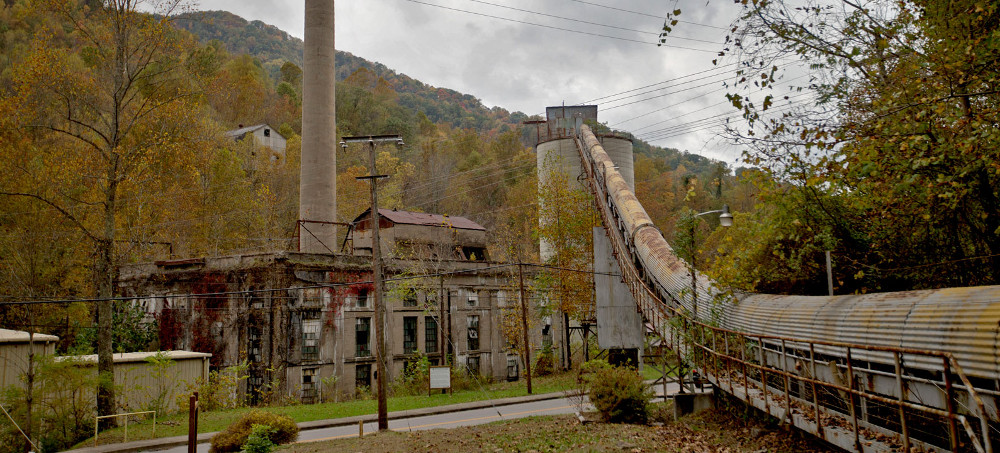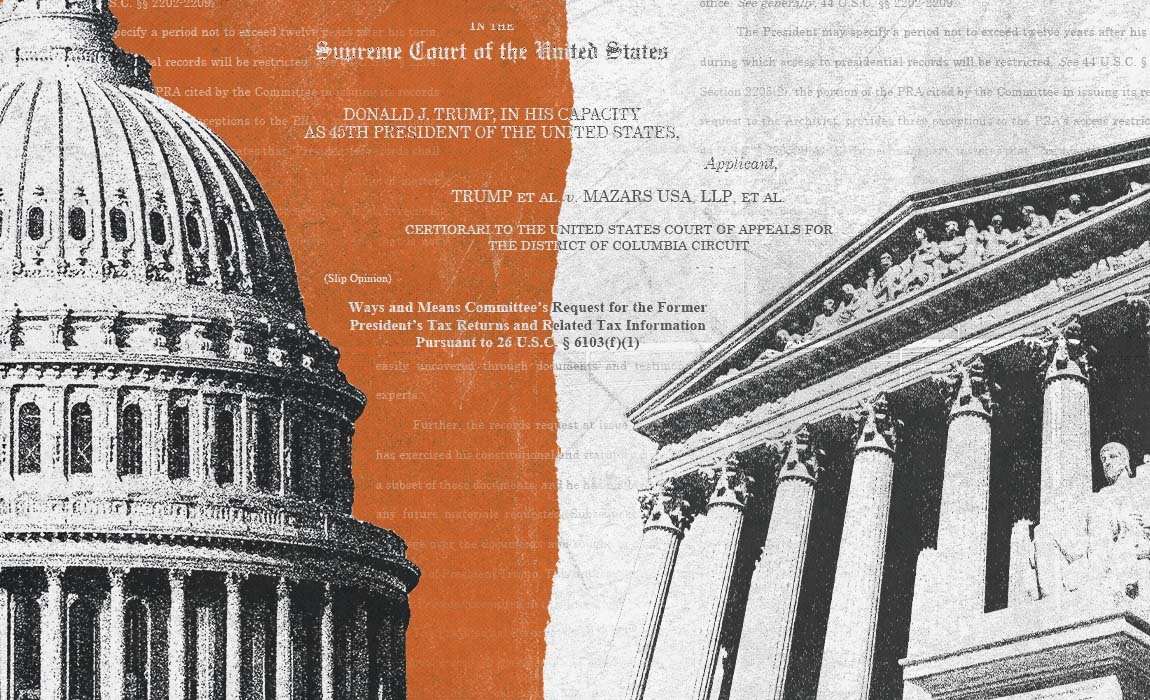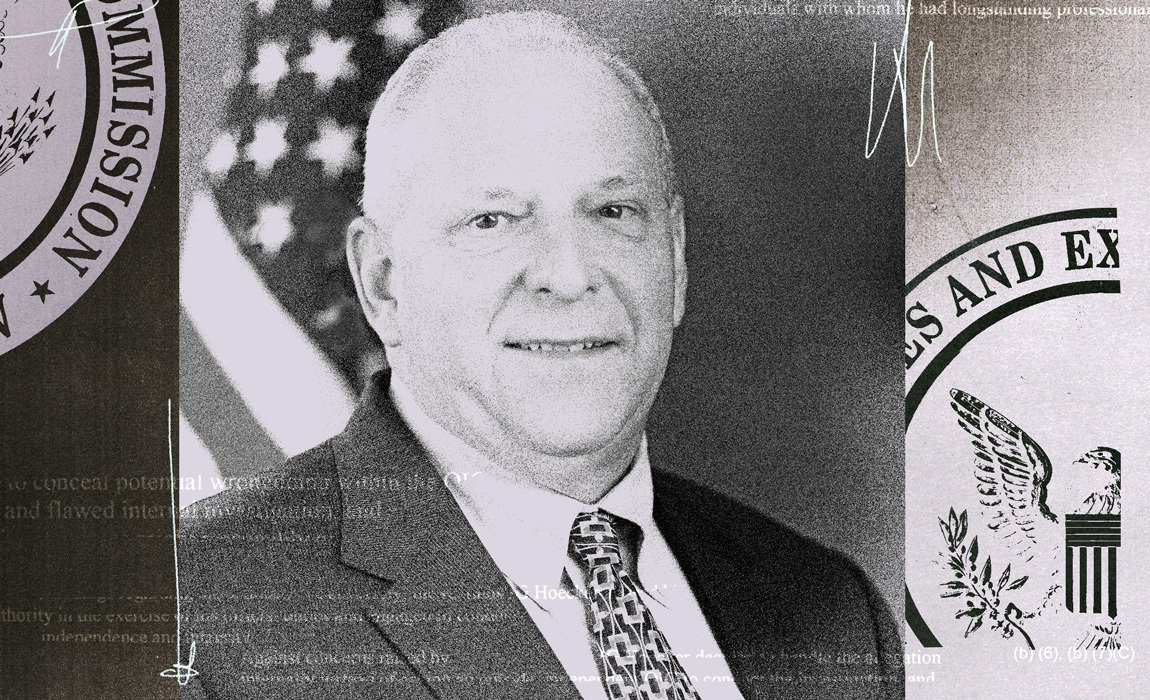Former state Sen. Dean Tran kicks off campaign for Congress, alleges racism in ethics report
 Marco Cartolano
Marco CartolanoPublished Feb. 2, 2022
FITCHBURG — Former Republican state Sen. Dean Tran kicked off his candidacy to challenge Rep. Lori Trahan in November Wednesday night.
Tran, 46, announced his run for the 3rd Congressional District in his hometown of Fitchburg. He previously served the city and the surrounding area as a state senator for the Worcester and Middlesex District.
Born in Saigon, Vietnam near the end of the Vietnam War, Tran fled the communist country with his family and immigrated to the U.S. when he was 4. His father served in the South Vietnamese Army that allied with the U.S. against Ho Chi Minh's North Vietnam. His mother was a businesswoman. He had five siblings.
Tran's family sold everything they owned to raise the funds to get on a wooden boat to flee Vietnam, Tran said. After several weeks at sea, Tran's family landed in Thailand and spent two years in a refugee camp before a Catholic priest sponsored them to come to Clinton in 1980.
Clinton was Tran's "first real home" after a very turbulent early life. The family moved to Fitchburg in 1986 and Tran attended Fitchburg schools.
Tran has a bachelor’s degree from Brandeis University in American studies with a minor in computer science that he earned in 1997. After college, Tran spent 24 years in the hardware/software development industry.
In order to raise a family, Tran and his wife moved back to Fitchburg in 2001. That same year, Tran got started in politics as a member of the city's Planning Board.
First person of color elected to Fitchburg City Council
In 2005, Tran became the first person of color to be elected to the Fitchburg City Council, serving 12 years as a city councilor at-large. During his campaign for City Council, Tran said he encountered many naysayers that a person of color could be elected.
"I wanted to pave a path for children with the same background that I have, that they can get into politics and make a change," Tran said. "I thought it was a shame that Fitchburg never had a minority elected to its council. I decided to run and I was told it could never be done."
First Vietnamese-American elected to Mass. Legislature
Tran was first elected to the state Senate in 2017 in a special election and for a regular term in 2018, becoming the first Vietnamese-American elected to the Massachusetts Legislature and the first person of color to serve the district.
In his multiple campaigns, Tran said that the numerous mistakes that he made have helped him develop as a candidate.
"I have made every mistake that you could possibly think of as a candidate. I tell people that because when you make mistakes, you're better off making those mistakes because you learn from those mistakes," Tran said.
As a senator, Tran said he brought back funding for projects in his district. Those projects include playground and school funding, bridge repair and other programs.
In 2020, Tran narrowly lost re-election to current Democratic state Sen. John Cronin of Lunenburg, a defeat for Republicans who were left with only three state senators after the 2020 election.
On his decision to run for Congress, Tran slammed Trahan as a loyal vote for Speaker Nancy Pelosi and President Joe Biden's agenda. He added that he wants to serve his constituents with transparency.
"The incumbent is a rubber stamp for the Biden and Pelosi agenda," Tran said. "I believe that it's an agenda that has resulted in record inflation with people can't afford to provide for their families and pay their bills."
Inflation
Inflation was brought up in Tran's kickoff speech, where he mentioned the price of several common items that he saw on his drive over.
"On my way here this evening, I drove by a gas station with a gas price of $3.54 per gallon. Home heating oil is now at $3.44 per gallon. A few days ago, I went to the grocery store and paid $98 for six items in my cart," Tran said.
Masks
Tran also criticized Democrats for not allowing for choice in whether people could wear masks, saying freedoms have been limited by the government over the past two years.
Health officials have said that mask-wearing is a tool to prevent the spread of COVID-19 in public settings and the Centers for Disease Control and Prevention continues to recommend mask wearing.
Infrastructure
As a member of Congress, Tran said he would pledge to work on infrastructure. He said Trahan has failed to bring infrastructure improvements to her district, pointing to bridges in Lowell and issues throughout Route 2 in Central Massachusetts.
"The bridges and roads across not just my district, but across the whole entire country is crumbling, and our representatives in Washington, D.C. have failed," Tran said. "I can tell you we have bridges in my district, especially in Lowell, that are falling apart."
Tran said he would have opposed the Infrastructure Investment and Jobs Act that was signed into law in November, saying the bill includes too much "pork spending" and focuses too little on real infrastructure.
Immigration
On immigration, Tran said residents across the country are less safe with the release of undocumented immigrants with criminal records. Tran's platform calls for adding more border patrol agents, an increase in the number of green cards and H1B Visas available to vetted immigrants without criminal record, screening undocumented immigrants and asylum seekers for diseases and deporting any undocumented immigrants who have a criminal history in their country of origin.
Tran also brought up immigration in his kickoff speech.
"We also have a crisis on the southern border where tens of thousands of illegal crossings are occurring by unvetted individuals who could be carrying COVID and other contagious health risks or could be terrorists. We really have no idea who is crossing the border and coming into our communities," Tran said.
Tran said he opposes defunding any public safety agency, such as police, fire, EMTs and border patrol.
Senate Ethics Committee report
Tran's time in the Senate was marred by controversy when he was removed from his position as assistant minority whip in March of 2020 and banned from interacting with his staff except through official emails after a Senate Ethics Committee report found that office staff had been performing campaign work with public resources during business hours.
The report concluded that Tran did not heed advice that Senate staff should not be doing campaign work during business hours and should not be participating in most fundraising activities.
At the time, Tran denied the allegations and called the report an attempt to attack him through an internal Senate process and said the report was filled with lies and hearsay.
In an interview Wednesday, Tran reiterated that the report was politically motivated and accused Senate Democrats of racist targeting of Tran as a Vietnamese refugee, asking to look at the scenario from his perspective.
"In the last three elections, the Democratic Party has come at you vigorously using everything that they could to win the seat back," Tran said. "And then they couldn't find anybody to run against you, not even their most popular incumbents in the district. Everything was lining up in the election, then end of November, an anonymous letter came."
Tran insisted that he had not been accused of wrongdoing, only of knowing that his staff was working on his campaign during work hours.
Saying that the attorney who investigated him was a liberal, Tran said he never had due process to give his side of the story, see the report and know who the witnesses were.
Tran said he was targeted because he was Vietnamese, adding that he eventually lost to Cronin, who is white.
"I was very naive during my time in the state Senate, believing that place was free of racism and discrimination," Tran said. "My treatment there was nothing short of that. They used an internal process to get rid of the only Vietnamese refugee to be elected to the state Senate."
After redistricting, the 3rd Congressional District will include several northern Worcester County cities and towns including Fitchburg, Lunenburg, Gardner, Westminster, Clinton, Ashburnham, Lancaster and Winchendon. The district also includes several towns in Middlesex County that serve as the northwest suburbs of Boston as well as Lowell.
Trahan, a Westford Democrat, was first elected to Congress in 2018. and won re-election in 2020.
The President pledged, “They’ll use American parts, American iron, American steel. And they’ll be installed up and down the highways and corridors in our communities all across the country by union workers from the IBEW and the electric work- — and the electrical workers union.”
He continued, “these jobs will multiply in steel mills, small parts suppliers, construction sites all over the country in the years to come. And it’s going to help ensure that the American — America leads the world in electric vehicles.”
Former state senator to challenge Lori Trahan in midterms

FITCHBURG — Westford Democrat Lori Trahan was re-elected to Congress unopposed in 2020, but this year she will have a Republican challenger.
In an interview Monday, former state Sen. Dean Tran, of Fitchburg, confirmed he is a candidate for the 3rd Congressional District seat. Tran served on the Fitchburg City Council from 2005 to 2017 and was in the state Senate from 2017 to 2021.
When Tran was elected to the City Council, he made history, becoming the first councilor of color. He was also the first Vietnamese American elected to the state Senate.
At the age of 4, Tran’s family sold everything they had to flee Vietnam following the war. After spending two years in a Thailand refugee camp, a Catholic priest sponsored them to move to Massachusetts, settling in the town of Clinton. His personal journey is one he believes voters across the district will be able to connect with.
As a senator, Tran found himself embroiled in controversy during his second term.
In 2020, the Senate Ethics Committee concluded that Tran had assigned taxpayer-funded office staff to work on his campaign and asked them to help with his fundraising efforts. According to the committee, staffers were also told to add constituents who called the office for help to the campaign fundraiser list.
As a result of the report, Tran was stripped of his role as Senate assistant minority whip. He was also barred from communicating with staffers, unless through email, after Senate colleagues accused him of breaking Senate rules and state law.
Looking back, Tran feels he was not afforded due process with the report. He said there was little time to read the report before it was released publicly and he did not have an opportunity to confront witnesses, who remained anonymous. Tran said he feels it was a concerted effort to get him out of office.
“This is something that happened to me and it would never have happened to someone with a D behind their name and a Democrat,” Tran said. “And, I came to the conclusion now that not only how I was treated and the actions have been taken against me, not only they were partisan, but I strongly believe that they were also racist.”
In spite of the ethics report, Tran only narrowly lost his re-election campaign against Lunenburg Democrat John Cronin in 2020.
Now, Tran is looking to make his comeback. He said he is committed to showing people he is transparent and didn’t act unethically intentionally. He also said the incumbent hasn’t been without her own ethical concerns.
In 2018, the House Ethics Committee cleared Trahan of any wrongdoing after a collective $300,000 was loaned to her campaign. The committee ruled the money was joint property of Trahan and her husband, under a prenuptial agreement.
Campaign finance laws allow a candidate to loan money to themselves but candidates cannot take loans from family.
In August, the Foundation for Accountability and Civic Trust, a conservative watchdog group, filed ethics complaints against Trahan and two other House Democrats after analysis by Insider showed the three made late disclosures on stock trades.
The complaint alleged that Trahan violated the Stop Trading on Congressional Knowledge Act by waiting to disclose a sale between $1,000 to $15,000 of a stake in the software company Stella Connect for 10 months.
According to the complaint, Trahan sold the stake on Sept. 10, 2020, but waited until July 27 to disclose it. Under the STOCK Act, Trahan would have had 30 days from when she became aware of a stock trade and 45 days overall from the date of the trade. A certified report must be filed with the clerk of the House of Representatives.
“Over the course of filing her annual personal financial disclosure, she recognized that an automatic divestment of her holdings should have precipitated a periodic transaction report,” Trahan spokesperson Francis Grubar said. “She immediately filed a PTR to proactively rectify the situation and the matter has been closed. Congresswoman Trahan supports a prohibition on members of Congress buying or trading individual stocks, and she and her husband have made the personal decision not to do so.”
Tran said his decision to run stems partially from a belief that Trahan is aligned too closely with President Biden and House Speaker Nancy Pelosi.
“A great number of immigrants from our district fled oppressive governments, including communism, to seek freedom. Now we find ourselves under Biden, Pelosi and Trahan that (our) freedom has been compromised. Our personal rights and liberty have been taken away,” Tran said.
Tran said that includes vaccine and mask mandates.
But he is also concerned about economic hardship in the district, pointing to increased gas prices, used cars, utilities and the weekly grocery bill. Tran wants to focus on inflation and also believes there could be more done to support small businesses.
One area where Tran and Trahan differ is on the bipartisan Infrastructure Investment and Jobs Act. Recently, Trahan has touted the money the district will receive, including money for a new Rourke Bridge in Lowell.
For Tran, opposing the bill wasn’t about a lack of support for infrastructure projects. He said when he was in the state Senate, he served as the ranking minority member on the Joint Committee on Transportation. Having seen the issues in the district firsthand, he said he is a staunch supporter of infrastructure investment and both parties working together.
“If I was in Congress while that infrastructure bill was discussed, I can assure you that I would have worked extremely hard with my colleagues, to make sure that we stripped out the ‘pork’ spending, which is spending taxpayers’ money on unnecessary, unrelated issues,” Tran said.
On immigration, Tran said the issue is personal to him. He believes there needs to be an emphasis on stopping illegal border crossings, especially because of the potential safety risk and potential impacts on municipal budgets for housing, health care and education.
But Tran believes there needs to be a solution beyond just border crossings, speaking from his own journey as an American.
“I’m very straightforward and blunt on the immigration issue,” Tran said. “I believe it is something that could easily be settled between the two parties. I strongly believe there should always be a path for anyone who wants to come into the country, get assimilated into the culture and become a U.S. citizen.”
What PORK?
 Over Twenty states and the Navajo Nation will get $725 million to clean up abandoned coal mines. (photo: David Goldman/AP)
Over Twenty states and the Navajo Nation will get $725 million to clean up abandoned coal mines. (photo: David Goldman/AP)The funding, announced this week by the Department of the Interior, is part of the Bipartisan Infrastructure Deal that Congress passed in November 2021. The law allocates a total of $11.3 billion over the next 15 years for the clean-up efforts. The money will be used to control underground mine fires that have burned for decades, close mine shafts at risk of collapsing, repair unstable slopes left by strip mines, and improve water quality in rivers and streams acidified by runoff from old mines.
“The Biden-Harris administration is committed to helping working families, often in rural and Tribal communities, who face hazardous pollution, toxic water levels, and land subsidence both during mining and long after coal companies have moved on,” said Secretary Deb Haaland in a press release.
Closing abandoned mine shafts is also a win for the climate. In their latest inventory of greenhouse gas emissions, EPA estimated that abandoned underground coal mines leaked 237,000 metric tons of methane in 2019 — not far behind abandoned oil and gas wells, which leaked 263,000 metric tons of the potent planet-warming gas.
This isn’t an entirely new undertaking for the federal government. After coal communities in Appalachia began organizing against strip mining in the mid twentieth century, President Jimmy Carter signed the Surface Mining Control and Reclamation Act in 1977. That law put in place regulations for active coal mines and created a fund to remediate mines abandoned prior to 1977 by imposing a tax on coal — currently 22.4 cents per ton for surface mines and 9.6 cents per ton for underground mines. Since then, the government has spent $7.9 billion over the past 45 years on clean-up efforts.
The additional $11.3 billion that the Department of the Interior will distribute is the largest investment in the abandoned mine lands program’s history. Eric Dixon, a senior researcher with the Ohio River Valley Institute, called it “a categorical step forward in remediating the polluted water, dangerous mudslides, coal mine fires, piles of waste coal, and other problems from historic mining.”
But it will only address about half of what he estimates is approximately $25 billion in remaining damage from mines abandoned before 1977.
The new funding won’t be applied to mines abandoned after 1977. When coal companies go bankrupt today, state-run, industry-funded bond programs are supposed to foot the bill for cleaning up the mess left behind. But with the coal industry in a steep decline, many of those programs are in crisis. In states like West Virginia, there simply isn’t enough money in the bond fund to reclaim all of the abandoned mine sites.
Pennsylvania, home to sites like Swoyersville’s 40-foot, 55-acre pile of coal waste and the Old Forge Borehole, which has poured acidic water and iron into the Lackawanna River for more than 60 years, is set to receive the largest share of funds: nearly $245 million. Prior to 1977, more coal was mined in Pennsylvania than any other state, and that legacy lingers.








